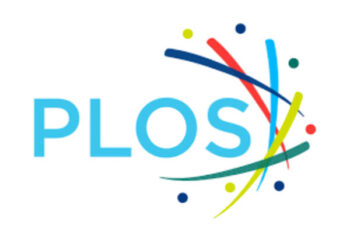
Scott Berkun has a gift for getting to the point. Read his books, his blog, or his Twitter stream, and you’re cleansed of conceits and sophistry by a person who just goes for the concept. I respect that.
In a recent post, Berkun — a person who knows good ideas when he sees them — pleads with his audience to “stop saying innovation,” then provides many reasons why (my paraphrases and elaborations follow):
- People who use the word don’t know what they mean. Do you mean a breakthrough product? A new idea? A good idea that makes a current idea better? Why not be specific then, instead of speaking in jargon?
- There are better words to move your ideas along. Innovation is a tired term, one that’s been on the field too long and in too many positions. Be specific, be clear, and be accurate in what you say you want to do. It’ll help your ideas go farther faster. Hiding behind the mess “innovation” has become only slows you down.
- It’s a marketing word, not a thinking word. Taking the word “innovation” or its alter-ego “innovative” to market isn’t a bad idea, but it’s a sales word, a marketing ploy, not a product development term that gets results. It’s not a management word, either — there are no “innovative organizations,” only organizations that strive to have new ideas, attain better results, or acquire new market spaces. And those things are nothing new. Being innovative isn’t an innovation.
- It provides cheap cover for ineptness. Too many soft ideas are peddled as “innovations,” and people nod and move along. Yet the ideas remain poorly formed and doomed to drift into failure. Instead, focus on being good, because that’s tougher.
Berkun has a related post on what innovation can mean, which underscores how the term has become unclear jargon in the business world.
It’s risky to write about this for people with a reputation for being innovative. I’ve been accused of being innovative in my finer moments. But Berkun is getting to the heart of what true innovation demands — clear thinking, hard work, an unwillingness to settle for either middling results or watered-down vision, and persistence in the face of disbelief or disengagement.
Innovation is neither magical nor new. It’s a consistent state of existence for a successful business. If you’re not pursuing better ways to do what you’re doing, not improving product, not increasing service levels, and not finding and filling new market spaces, you’re going to slide backwards. It’s been this way since time immemorial.
Innovation is difficult. But calling it “innovation” can make it even more difficult.
Discussion
2 Thoughts on "Innovation — A Word Cheapened"
I once heard Cliff Lynch, at a CNI forum, say in passing that “the purpose of collaboration is not collaboration.” Something in me clicked when he said that, and since then I’ve hijacked the formulation and tried to use it to encourage critical thinking about other Great and Good Words as well, “innovation” among them. “The purpose of innovation is not to be innovative,” I say to my staff, by which I mean that doing something new or doing an old thing in a new way isn’t enough — if the new thing or new way isn’t better, then the fact that it’s new doesn’t matter. Sometimes a new way is better, and sometimes the old way is better. What matters isn’t whether it’s new or old, but whether it’s better or worse. By itself, I think innovation is pretty much value-neutral.



